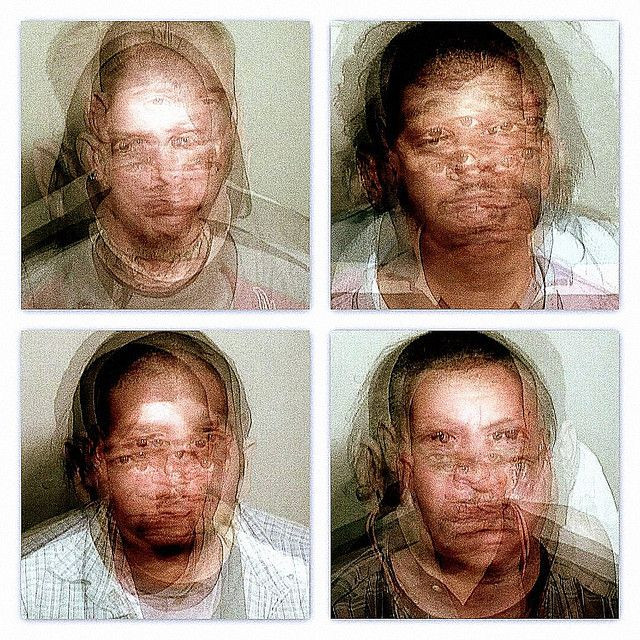Recidivism Rates For 'Rehabilitated' Sex Offenders Show Treatment Programs Fail: Doctor

Most of us cannot think of a greater sin than hurting a child and when the offense is a sex crime, well, we often feel even greater anger, if that’s possible, against the perpetrator. It is terrifying to learn, then, that treatment programs do not rehabilitate sexual offenders before they are released from prison. So says Dr. David K. Ho, consultant forensic psychiatrist, clinical research lead, South Essex Partnership University NHS Foundation Trust, in his new opinion piece appearing in the British Medical Journal.
“People should know that the treatments offenders receive in prisons and secure hospitals lack evidence of efficacy,” Ho states.
Are we ready to heed his warning? While Ho, whose credentials suggest he certainly knows his subject matter, speaks convincingly, others in the field of psychiatry have opposing views. And so we citizens most likely will flounder in the muddy waters of confusion as those sexual offenders, who have been captured, eventually reappear in the community where they live among innocents once again.
Mental Disorder
Typically, we think of sex crimes as including rape, child sex abuse, sexual assault, female genital mutilation, incest, and the, in most people’s minds, lesser crimes of exhibitionism and prostitution. Yet, sexual offending, says Ho, “consists of a heterogeneous group of acts, which may not include but are likely to include at least some elements of paraphilia,” defined as mental disorders of sexual preference, such as pedophilia, voyeurism, fetishism, exhibitionism, frotteurism (rubbing up against a non-consenting person), sadomasochism, sexual sadism, sexual masochism, and disorders not otherwise specified.
Though in the past some or all of these tendencies may have been considered a criminal offence, over the last few decades we have collectively shifted our thinking such that now we believe paraphilia to be a mental disorder. Today, then, “the reality is that society and policy makers look to doctors for answers,” says Ho. For this reason, he calls on doctors to step up and take responsibility for the treatment of sexual offenders.
“If, as doctors, we can help in the matter of treating sex offenders, including agreeing to mandatory detention in secure hospitals under the Mental Health Act 1983, it is time we took ownership,” says Ho.
The act he mentions is one of British law. It outlines when someone can be admitted, detained, and treated in a hospital against his wishes and requires certain people to agree that the person has a mental disorder and may harm the safety of others. Though the legal structures of other countries, including the United States, are not identical, many if not all nations have similar provisions which could be used as Ho advocates to keep sexual offenders imprisoned.
Seemingly, these strong words from Ho leave no room for confusion. Yet, a simple glance through recently published studies of recidivism rates for sexual offenders suggests a quiet chaos abounds among the professionals. One study published earlier this month states “results of this review of meta-analyses suggest that sex offender treatments can be considered as "proven" or at least "promising,” while another study found, “approximately 40 percent of the sample [of sexual offenders who completed a prison-based treatment program] recidivated in some way, including six percent sexually, within the 6-year follow-up time.” Meanwhile, the American Psychological Association website suggests treatment works quite well, noting that “among the most recent research samples, sexual recidivism rates of 17.3 percent for untreated offenders, compared with 9.9 percent for treated offenders.”
Despite the muddle of conflicting opinions, Ho maintains his perspective. “Professional pride or political embarrassment cannot justify persisting with a program that leaves the public at risk of further sex offending,” he says.
Source: Ho DK. Ineffective treatment of sex offenders fails victims. BMJ. 2015.



























